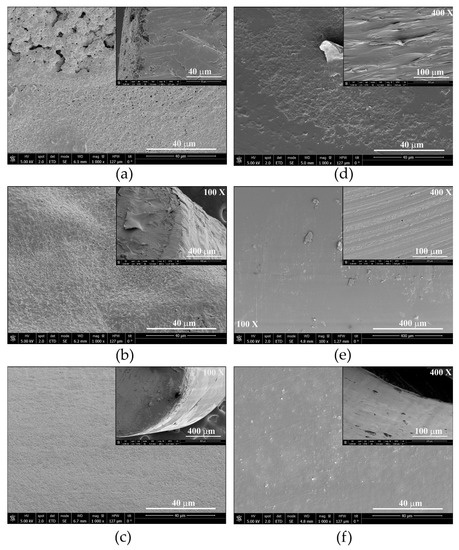Screening of the Supercritical Impregnation of Olea europaea Leaves Extract into Filaments of Thermoplastic Polyurethane (TPU) and Polylactic Acid (PLA) Intended for Biomedical Applications
Noelia D. Machado , Cristina Cejudo-Bastante , María L. Goñi, Nicolás A. Gañán, Lourdes Casas-Cardoso and Casimiro Mantell-Serrano
The leaves of Olea europaea as agricultural waste represent a convenient source of antioxidants. In combination with supercritical CO2 (scCO2), assisted impregnation is an interesting strategy for the preparation of biomedical devices with specific bioactivity. For this purpose, 3D-printable filaments of thermoplastic polyurethane (TPU) and polylactic acid (PLA) were employed for the supercritical impregnation of ethanolic olive leaves extract (OLE) for biomedical application. The extraction of OLE was performed using pressurized liquids. The effect of pressure (100–400 bar), temperature (35–55 °C), and the polymer type on the OLE impregnation and the swelling degree were studied including a morphological analysis and the measurement of the final antioxidant activity. All the studied variables as well as their interactions showed significant effects on the OLE loading. Higher temperatures favored the OLE loading while the pressure presented opposite effects at values higher than 250 bar. Thus, the highest OLE loadings were achieved at 250 bar and 55 °C for both polymers. However, TPU showed c.a. 4 times higher OLE loading and antioxidant activity in comparison with PLA at the optimal conditions. To the best of our knowledge, this is the first report using TPU for the supercritical impregnation of a natural extract with bioactivity
Open Access


